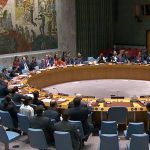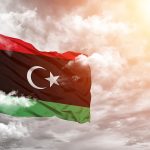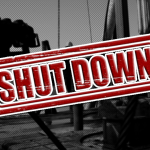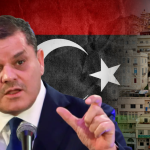Libya Torn Between Factions Still Without Proper Governance
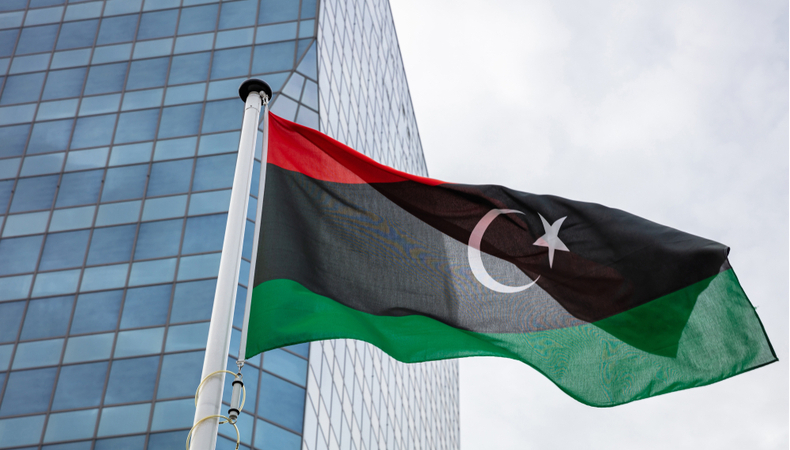

Twelve lawmakers from Libya’s east-based parliament and 12 from the High Council of State met together in the presence of Special advisor of the UN Secretary-General for Political Affairs in Libya Stephanie Williams. Williams said the UN was working to seize consensus reached earlier this year between the two chambers with the aim of reaching an agreement on a constitutional and legislative framework for parliamentary and presidential elections.
Despite the UN brokering some kind of democratic election and return to normalcy, two factions have not been able to come to consensus to who should be running the government, for more than six months, leading to a complete impasse in the fossil fuel rich country.
Related Posts
In February, the country’s east-based House of Representatives named a new prime minister, former interior minister Fathi Bashagha, to lead a new interim government. The lawmakers there claimed the mandate of interim Prime Minister Abdul Hamid Dbeibah, who is based in Tripoli, expired when the election failed to take place as planned in December.
The story was back to square one thereafter. But clashes erupted and Dbeibah refused to step down and leave his seat without the election of another legitimate leader. Tribal leaders and protesters in the southern region also shut down oil facilities including Libya’s largest oil field, demanding Dbeibah to step down. The developments have raised fears fighting could return to Libya after a period of relative calm since warring parties signed an UN-brokered cease-fire late in 2020.

